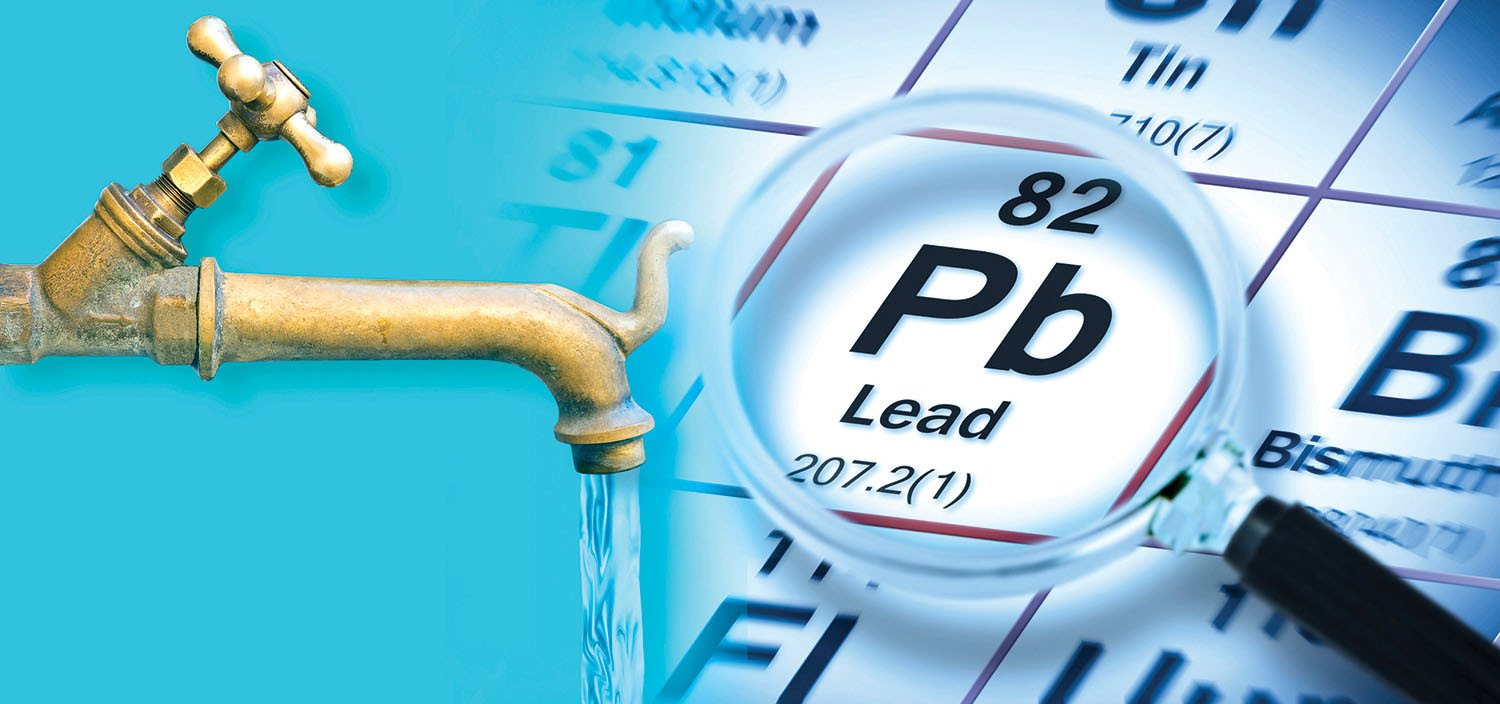
New thinking about plaque in arteries that feed the brain

Want to prevent shifting teeth? Maybe you need retainers

What you need to know about the new dietary guidelines

Food that’s healthier for people and planet can be cheaper, too

New evidence that polyphenol-rich foods help the heart

8 simple ways to reduce ultra-processed foods in your diet

How to curb your stress eating

How to spot Parkinson’s disease symptoms

Heart failure symptoms in women: How they’re different

GERD diet: Foods to avoid to reduce acid reflux
Heart Health Archive
Articles
Atrial fibrillation after surgery: Common and undertreated?
After surgery unrelated to the heart, a diagnosis of atrial fibrillation (afib) may be more common than previously thought. These cases, which may constitute 13% of new afib diagnoses, appear to be undertreated.
Light during sleep linked to conditions that harm the heart
Older adults exposed to light while sleeping at night may be more likely to have obesity, high blood pressure, and diabetes compared with adults who sleep in darkness.
Meal of the month: Vegetarian chili
Vegetarian chili is a filling, heart-healthy meal that can be dressed up with various toppings. Leftovers can be frozen in single-serving containers for simple dinners or lunches later.
Bleeding problems: Know your risk
Anti-clotting medications have a well-known and fairly common effect: a heightened risk of bleeding. Being older, having certain health conditions, and taking certain drugs (including popular over-the-counter pain relievers) can increase this risk. Minor bleeding includes bleeding gums after toothbrushing or flossing and nosebleeds that take longer than usual to stop. Signs of more serious bleeding (which requires immediate medical care) include tea-colored, pink, or red urine; blood in the stool or black, tarry stools; or a sudden, severe headache.
Hearts and minds
Vascular dementia, which arises from longstanding, cumulative damage to small blood vessels in the brain, may cause or contribute to up to half of cases of dementia. The vessels may thicken or become blocked by blood clots, causing tiny strokes that damage specific parts of the brain important for various thinking abilities. Keeping blood pressure in the recommended range of 120/80 or lower is the best way to prevent vascular dementia.
A virtual approach to healing the heart
Cardiac rehabilitation, which teaches heart-healthy habits coupled with supervised exercise, can help people with heart conditions prevent future problems. Some parts of the program can be done at home, delivered through a computer, tablet, or smartphone. Known as virtual cardiac rehab, this approach offers several advantages over conventional rehab, such as avoiding the time and expense of traveling to multiple sessions during the week.
The dirt on soil and water pollution
Soil and water pollution from heavy metals, pesticides, and microplastics may affect a person's risk of cardiovascular disease. These pollutants can enter the body when people eat crops grown in dirty soil, drink water contaminated by dirty soil, or inhale soil dust. Lead, cadmium, and arsenic are among the most pressing concerns. Potentially helpful actions include testing one's drinking water, buying organic foods, and minimizing plastic use.
More protection for your heart? It's just a shot away
A yearly influenza vaccine may help lower the risk of serious cardiovascular complications, especially among people who've had a recent heart attack. Pneumonia and shingles vaccines also help reduce heart attack and stroke risks. Early fall is a good time to get back on track with these vaccines. Several different types of flu shots are available; experts advise getting whichever one is most readily available. For those ages 65 and older who have a choice, three vaccines (Fluzone High-Dose Quadrivalent, Flublock Quadrivalent recombinant, and Fluad Quadrivalent adjuvanted) may offer slightly better protection than the regular-dose shot and are the preferred choice.
Can self-employment promote better cardiovascular health for women?
Being self-employed can offer advantages like flexibility and autonomy in a person's work life. Now, data from a long-term health study suggests that self-employment may provide another benefit for some women: improved health outcomes.
3 simple swaps for better heart health
A busy schedule can make it challenging to adhere to heart-healthy habits, but there are steps you can take that don't require much time and can fit easily into almost anyone's life.

New thinking about plaque in arteries that feed the brain

Want to prevent shifting teeth? Maybe you need retainers

What you need to know about the new dietary guidelines

Food that’s healthier for people and planet can be cheaper, too

New evidence that polyphenol-rich foods help the heart

8 simple ways to reduce ultra-processed foods in your diet

How to curb your stress eating

How to spot Parkinson’s disease symptoms

Heart failure symptoms in women: How they’re different

GERD diet: Foods to avoid to reduce acid reflux
Free Healthbeat Signup
Get the latest in health news delivered to your inbox!
Sign Up











